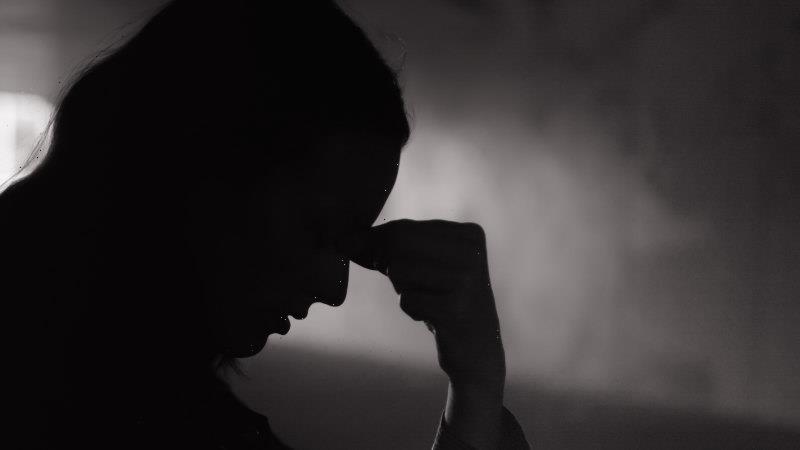A national plan that promised to fix the so-called “missing middle” in mental health care has fractured, with four states and territories holding back in a stoush that has held up more than half a billion dollars of federal funding even as NSW inks a $383 million deal.
The federal and NSW governments will on Wednesday announce a five-year, multimillion-dollar joint funding agreement in a step towards the national mental health plan the Morrison government unveiled in its May budget, now four months overdue.
The national health plan is four months overdue as the federal government struggles to lock in support.
Victoria, Queensland, the ACT and Western Australia are yet to reach agreement with the federal government over what they regard as an inadequate response to the November 2020 report of the Productivity Commission mental health inquiry.
“The feds aren’t funding it properly … They aren’t stepping up,” a senior Victorian government source, who asked not to be named, told The Sydney Morning Herald and The Age.
David Coleman, assistant minister to the prime minister for mental health and suicide prevention, has been phoning state and territory counterparts seeking their support ahead of this Friday’s national cabinet meeting.
Under the NSW deal, the Commonwealth will contribute 56 per cent ($216 million) to expand Headspace, deliver aftercare for patients discharged from hospital after a suicide attempt and support for bereaved loved ones, improve perinatal mental health screening and reporting and implement a distress intervention trial.
Five new Head to Health adult mental health centres and nine satellites – designed for those who are too unwell for GP care but not critical enough to be admitted – will also be built in NSW under the deal, along with four Head to Health Kids’ Hubs for under-12s, who are too young for Headspace.
Care will be delivered by multidisciplinary teams consisting of psychiatrists, general practitioners, psychologists, alcohol and drug specialists, mental health nurses, social workers, occupational therapists, mental health workers and lived experience workers.
The deal leaves $554 million in federal funding earmarked in the 2021-22 budget for mental health agreements with states and territories unspent.
Victoria’s Mental Health Minister James Merlino said the Commonwealth’s offer “doesn’t match the size of the reform required.”
“Victoria has invested more than $3.8 billion in the past year into mental health – five times what the Commonwealth has put on the table for this agreement for the entire country,” Mr Merlino said.
“This agreement is an opportunity for Australia to take mental health seriously and establish a genuine partnership to deliver the services we need – but the Commonwealth’s offering does not suggest they are serious about real reform in this space.”
Western Australia’s mental health minister Amber-Jade Sanderson the McGowan government had increased its investment in acute care and community mental health services by $495 million in the past year and wanted the federal government “to do more in the primary care space.”
Ms Sanderson said the Morrison government had offered Western Australia $85 million but that “we don’t think that is commensurate with our population, the need, or the enormous challenges we face delivering services in the biggest healthcare jurisdiction in the world.”
Mr Coleman said greater national cooperation was essential to improving the mental health system, streamlining referrals and making it easier to access the right support.
“I’ve been having very constructive discussion with all of the states and territories,” he said. “These are very significant reforms.”
Professor Ian Hickie, one of Australia’s leading psychiatrists and a former national mental health commissioner, said one of the biggest problems with the system was the lack of cooperation between states and territories and the Commonwealth.
“This agreement is good, but where is the national agreement to make it work?” he said.
“What we need is more specialist services and coordination. We don’t need more helplines – we need serious ongoing care,” Professor Hickie said.
“Our problem has never been a commitment problem but an implementation [problem].”
Mr Coleman said the NSW deal would ensure each of the thousands of patients discharged from the state’s hospitals each year after a suicide attempt received follow-up care, after the Productivity Commission found only half were being followed up by a service such as Beyond Blue’s The Way Back.
“We think it’s very important that every one of those people gets that follow-up care and that will now be the case under this agreement,” he said.
NSW mental health minister Bronwyn Taylor said she had signed the “landmark agreement” to improve care for the state’s residents.
“NSW wanted to get it done,” Ms Taylor said.
Most Viewed in Politics
From our partners
Source: Read Full Article

